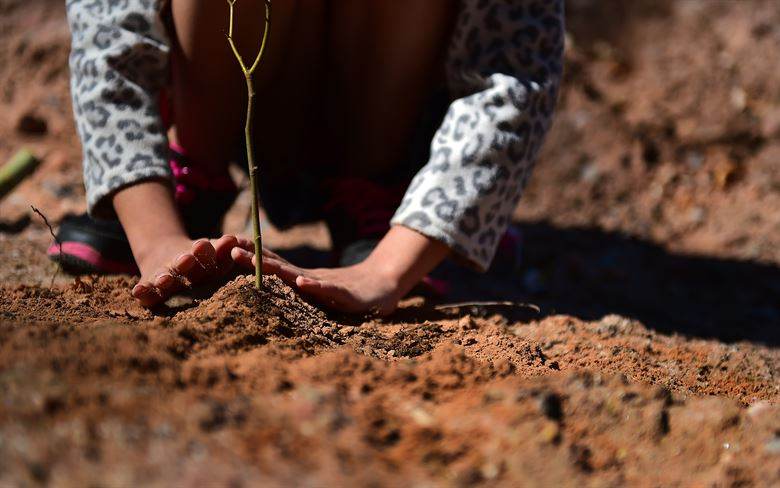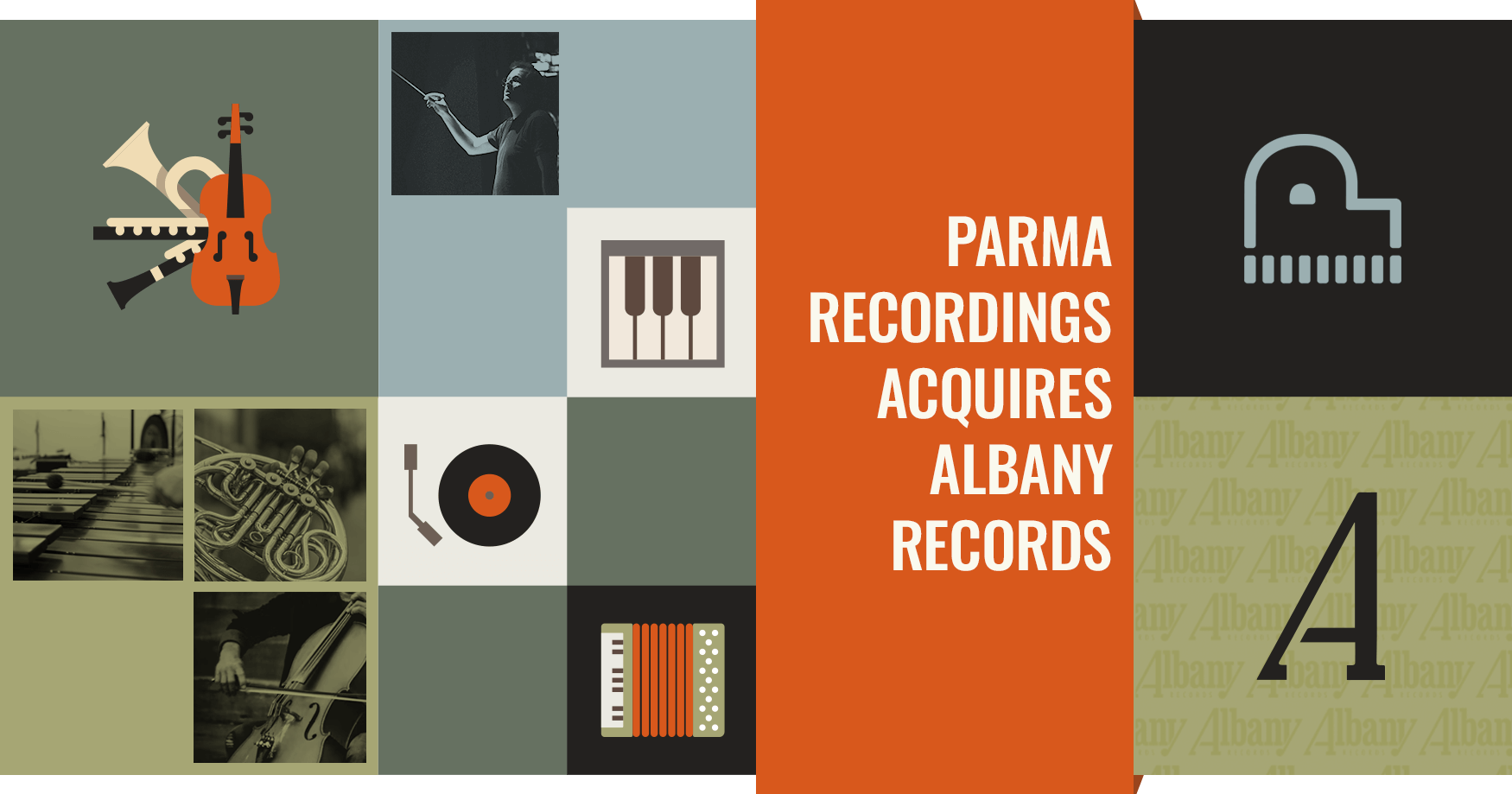Since its first observance in 1970, Earth Day has grown from a blip on our collective celebration radar to a mainstay in the American consciousness.
This is, of course, due in no small part to the growing acknowledgement of climate change and the effects that humans and our carbon footprint have on our (only!) planet.
With weather patterns becoming more erratic, increasing numbers of animals joining the endangered species list, and natural resources becoming more scarce, we are more aware of our impact as a species than ever before.
We’re all guilty of playing fast and loose with our energy consumption because it’s not something that affects us day-to-day. Our lives are so busy that we hardly have time to think about what’s for dinner, let alone how much energy we can save. The cost of transporting fresh, organic fruits and vegetables around the world — from the Tropics to the snowy tundra — represents a ton of fossil fuel emissions getting your cumquats from Ecuador to New Hampshire in mid-December.
So when Earth Day rolls around every April 22nd, we get a quick but firm reminder of all the little things we can do that make a big difference in protecting our planet and conserving our natural resources.
There’s another reason Earth Day is so important to us. Along with the day’s message of the need to protect our environment, Earth Day pushes us to get out into the world and be part of nature.
We’re reminded of just how beautiful and majestic our planet can be, and that beauty can be one of the most inspiring and driving forces we can encounter.
Nature has been the inspiration for countless works of art, poetry, and of course music. From Medieval bard songs like “Sumer is icumen in,” to Vivaldi’s Four Seasons concerti in 1721, to Copland’s Appalachian Spring in 1944, you can pick any point in music history and odds are someone is composing a piece about the natural world.
Nature is a constant source of inspiration for music, and composers are constantly seeking ways to capture the essence of the Earth and put it in their music. Think about it. Have you ever listened to a song and thought “wow, that flute line sounds just like a songbird singing.” That’s no accident. The composer was invoking observations from nature to inform their musical choices.
Composers have been doing this for years, and still do it to this day. Since nature plays such an influential role in music, losing that natural beauty means losing the very thing that drove some of the greatest artists of all time to do their work. Without something like bird songs, Vivaldi wouldn’t have written his “La Primavera” concerto. If the sky was covered in thick smog, Debussy would have never been able to see the moon, which means no “Clair de Lune.”
Our planet houses so much wonder, and we cannot afford to lose it. We have been given a gift with this planet. A gift that inspires us to reach new heights on a regular basis. We should be working to preserve that world in all of its forms, and make it an even better place for those who will come after us.
So, on this Earth Day, turn off your electronics for just a few minutes. Step away from your iPhone and make time to just go outside and see the world for the amazing, inspirational gift that it is.
Happy Earth Day!



